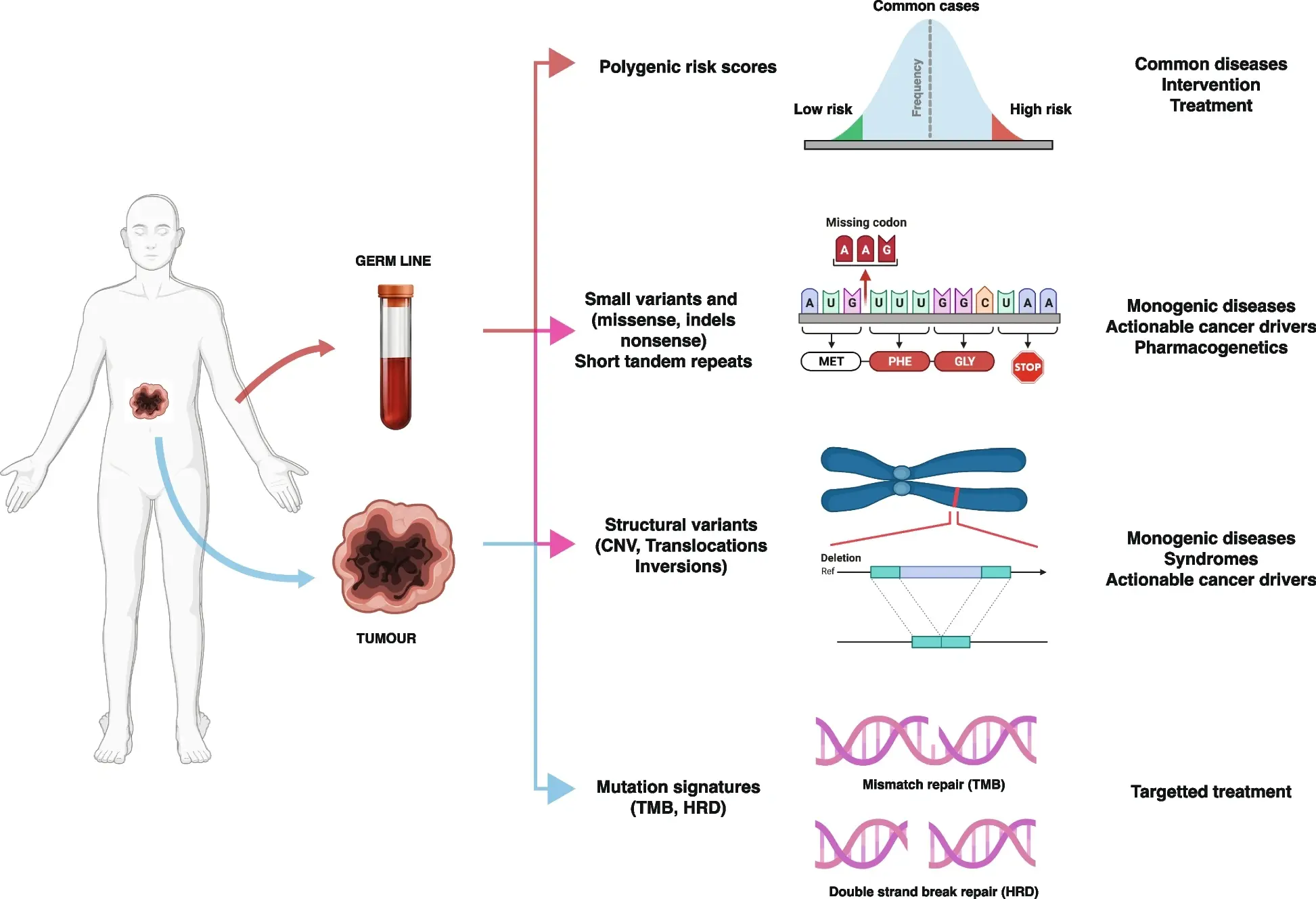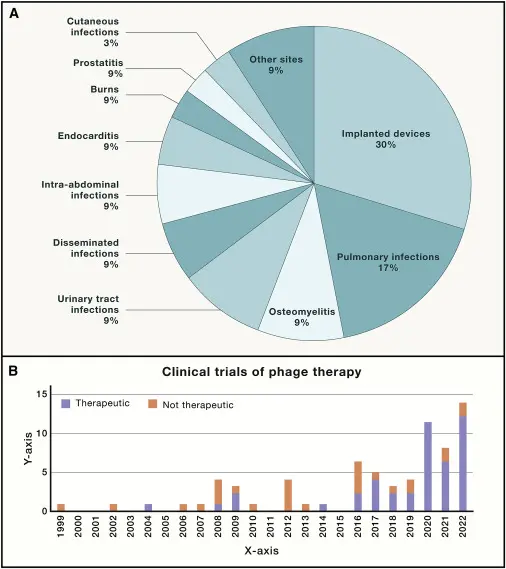As antibiotic resistance escalates globally, the threat of a post-antibiotic era has become more than just a warning it’s a rapidly emerging reality. Once easily treatable bacterial infections are now causing prolonged illness, higher mortality rates, and increased healthcare costs. With traditional antibiotics losing their effectiveness, microbiologists are leading a new wave of innovation centered around precision medicine and biologically targeted therapies. Among the most promising strategies are bacteriophage therapy and genome-informed antimicrobial approaches.
Bacteriophages: Nature’s Bacterial Predators
Bacteriophages, or phages, are viruses that specifically infect and kill bacteria. Discovered over a century ago, they were largely overshadowed by the antibiotic revolution. However, in the face of rising multidrug-resistant (MDR) infections, phage therapy is re-emerging as a viable solution. What sets phages apart is their specificity they target only the bacteria they’re meant to destroy, leaving beneficial microbiota intact. This makes them ideal for precision treatment, particularly in cases where antibiotics fail.
Recent advances in sequencing and synthetic biology have made it possible to isolate, characterize, and even engineer phages tailored to specific bacterial strains. Clinical successes in compassionate-use cases such as treating drug-resistant infections in cystic fibrosis patients highlight the therapeutic potential of this approach. Microbiologists are now working to standardize phage libraries, improve delivery methods, and push regulatory approval forward.
Precision Therapies Informed by Genomics
Whole genome sequencing (WGS) has become a cornerstone in the development of precision microbiology. By analyzing both microbial and host genomes, researchers can identify resistance genes, track pathogen evolution, and tailor treatment regimens. Tools like CRISPR-Cas systems are also being harnessed to selectively disrupt bacterial genomes, offering another line of attack against resistant microbes.
Genomics also plays a critical role in microbiome research. Through metagenomic analysis, scientists can assess the diversity and function of microbial communities in the human body, soil, or water environments. This data can then be used to design interventions such as probiotics, prebiotics, or engineered microbes to restore balance or prevent infections. In personalized medicine, genome-informed therapies are helping to match patients with the most effective treatments based on their genetic and microbial profiles.
In hospitals, WGS is already enabling real-time infection tracking and resistance profiling, allowing clinicians to choose the most effective therapies while avoiding unnecessary antibiotics. In research labs, scientists are exploring microbiome modulation and phage-antibiotic combinations to maximize efficacy and minimize collateral damage
Challenges and Future Directions
Despite the promise, challenges remain. Phage therapy requires precise matching between phage and pathogen, demanding rapid diagnostics and personalized manufacturing. Regulatory frameworks are still catching up, and the complexity of live biological products adds another layer of difficulty.
Furthermore, the widespread adoption of genomic technologies requires investment in infrastructure, training, and bioinformatics support. Ethical concerns around genome editing and the ecological impact of releasing modified organisms also need to be carefully considered.
Nevertheless, momentum is building. With microbiologists at the forefront, the integration of genomics, phages, and personalized diagnostics is paving the way for smarter, more sustainable infection control strategies. In the fight against antimicrobial resistance, precision therapies may be the turning point the world desperately needs.
The coming decade promises significant breakthroughs. As phage therapy moves from experimental to mainstream, and as genomic tools become standard in clinical microbiology labs, we are entering a new era where the invisible microbial world is no longer a threat but a field of opportunity and innovation.
Phage therapy reports and phage studies by year listed

